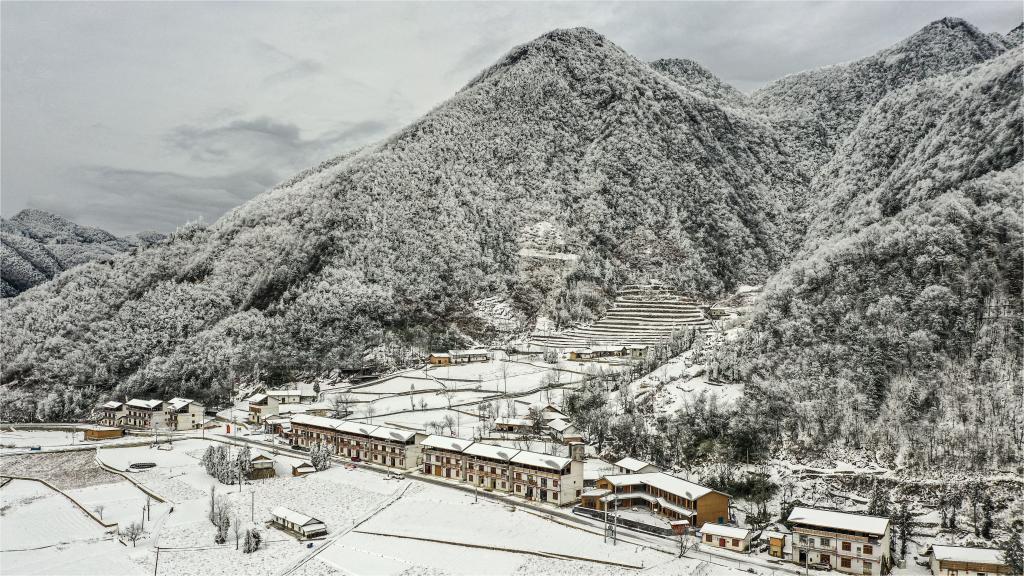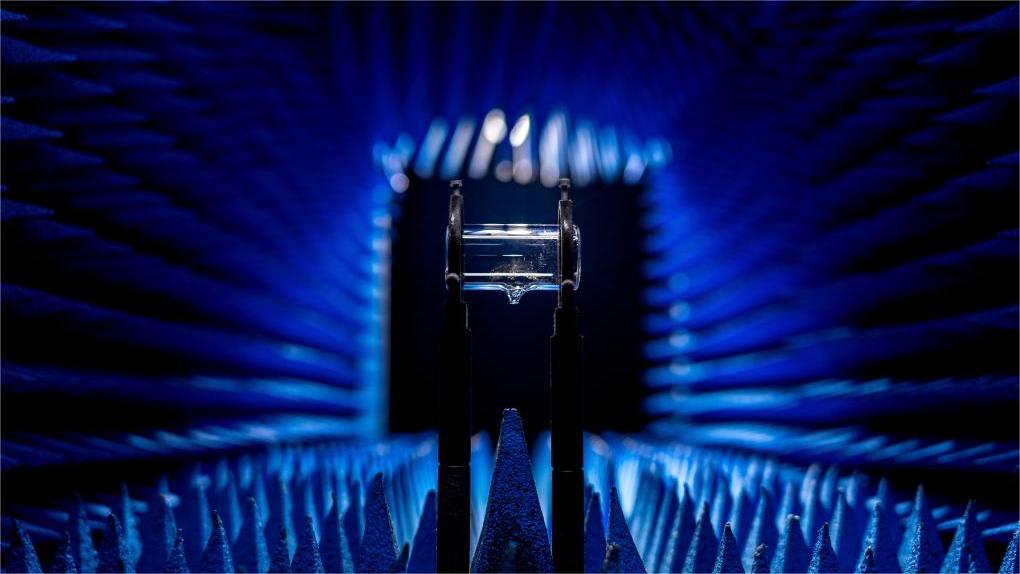Science pact sees benefits for China, US
On Jan 31, 1979, then vice-premier Deng Xiaoping and then United States president Jimmy Carter co-signed the landmark China-United States Science and Technology Cooperation Agreement in Washington during Deng's historic US visit.
"We have just completed a meaningful endeavor, yet this is not an end, but a beginning," Deng said in his speech at the signing ceremony.
This year marks the 45th anniversary of bilateral diplomatic relations, and the agreement was one of the first intergovernmental pacts signed by the two countries in the wake of the establishment of the ties.
The agreement, to be signed every five years, has been endorsed multiple times by the two governments, such as China-US Joint Statement in 2011 issued during then president Hu Jintao's US visit.
However, in recent years, Washington has stepped up suppression of and sanctions against China in fields such as science and technology, and some US political figures have publicly opposed extending or renewing the agreement, creating new hurdles to cooperation.
On the other side of the Pacific Ocean, President Xi Jinping has consistently placed great emphasis on such bilateral cooperation.
During his 2015 visit to the US, Xi met and talked with leaders of Chinese and American technology companies in Seattle.
In November in San Francisco, Xi shook hands and exchanged pleasantries briefly with Apple CEO Tim Cook and Tesla CEO Elon Musk when attending a reception held by friendly groups.
At the San Francisco summit between Xi and US President Joe Biden, Xi pointed out that the two sides should work together to promote mutually beneficial cooperation, and they should carry out cooperation in areas such as artificial intelligence, and science and technology.
"Stifling China's technological progress is nothing but a move to contain China's high-quality development and deprive the Chinese people of their right to development," Xi added.
Following the summit, Foreign Minister Wang Yi told reporters that the two sides "agreed to start consultations" on renewing the agreement.
Policy observers in both countries said that policymakers — especially in Washington — have to make resolute decisions to fast track the agreement's renewal, and "decoupling" on technologies will only undermine the US' strengths in these areas.
Chinese Ambassador to the US Xie Feng said that based on the agreement, the two countries "have conducted high-standard, multitiered cooperation in dozens of areas including basic research, public health, energy, environmental protection and agricultural science".
"Such cooperation has benefited not only both countries but also the entire humanity," he said at a reception on Jan 16 marking the ties' anniversary.
Stephen Orlins, president of the National Committee on US-China Relations, told a forum held by the Carter Center earlier this month that keeping the agreement afloat requires some level of courage.
Washington "has held an ambivalent attitude" toward the agreement and bilateral cooperation on technology, said Su Xiaohui, deputy director of the Department of American Studies at the China Institute of International Studies.
"The US actually recognized the great benefits — not impediments — brought to its national interests over the past decades, but it also fears that its hegemony will be challenged by the growing Chinese military strength empowered by technology … Cooperation in these areas surely can be win-win," she said.
When addressing a forum in Davos, Switzerland, this month, Xue Lan, a professor at the Institute of Public Administration of Tsinghua University, said that bilateral cooperation on fundamental research should be resumed at an early date, and the two sides could probe the possibility in cutting-edge areas such as green technologies.
Over the past week, Beijing and Washington took a step closer on science and technology cooperation by setting out the agenda on AI technologies.
Following talks in Bangkok between senior Chinese diplomat Wang Yi and US National Security Advisor Jake Sullivan, which ended on Saturday, both sides confirmed that the first meeting of the US-China intergovernmental dialogue mechanism on artificial intelligence will be held in the spring.
Arati Prabhakar, director of the White House Office of Science and Technology Policy, said in an interview with the Financial Times last week that the US and China will work together in the coming months to reduce the risks associated with rapidly developing AI technology.
"We are at a moment where everyone understands that AI is the most powerful technology … But I think the one place we can all really agree is we want to have a technology base that is safe and effective," she said.
Photos
Related Stories
- Top Chinese diplomat meets U.S. national security advisor
- China, U.S. agree to boost cooperation in anti-drug, AI, people-to-people exchanges
- China, U.S. should respect each other's core interests: Wang Yi
- Consul General encourages Americans to see the 'real' China
- Embassy lodges solemn representation to the US over the latter’s unwarranted interrogation and harassment of Chinese students at border port
- U.S. must abide by one-China principle, 3 joint communiques: Wang Yi
Copyright © 2024 People's Daily Online. All Rights Reserved.









